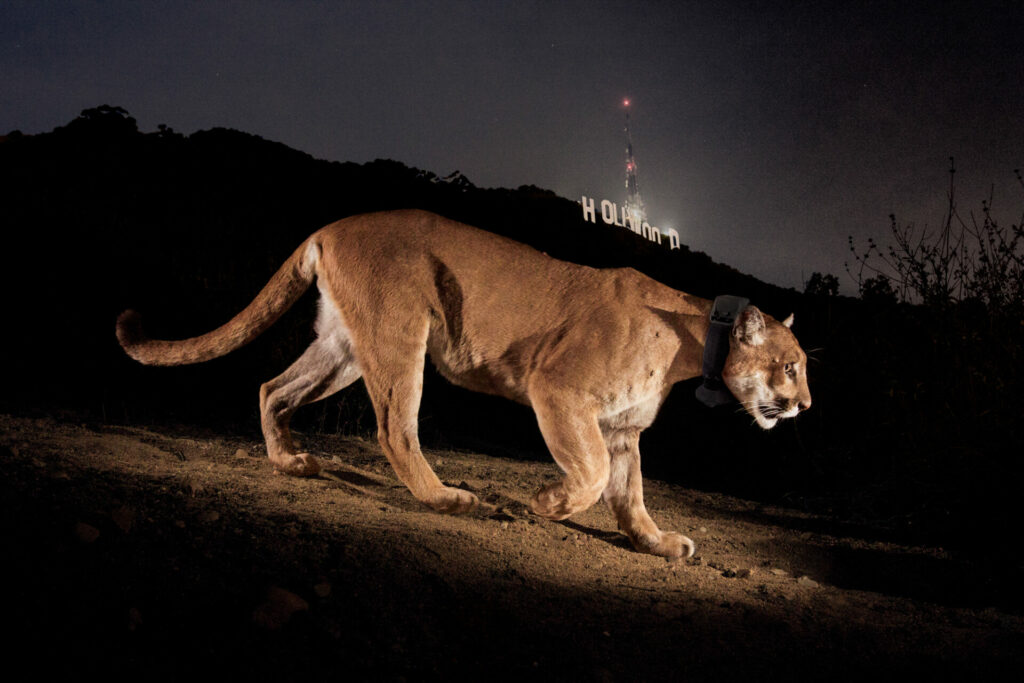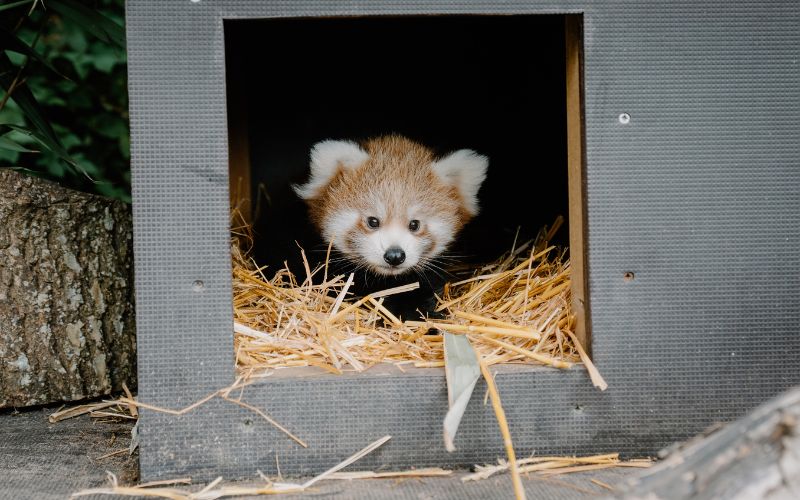Elephants, rhinos and giraffes are all now more afraid of the human voice than apex predators, according to a scientific paper.
Wild animals are twice as likely to run away, and abandon waterholes 40 per cent faster, when they hear the sound of ‘super predators’ talking, according to researchers working in South Africa’s Greater Kruger national park, home to one of the world’s largest lion populations.
The study found for 95 per cent of species, which included giraffes, leopards, hyenas, zebras, kudu, warthog and impala: ‘Fear of humans significantly exceeded that of lions throughout the savanna mammal community,’
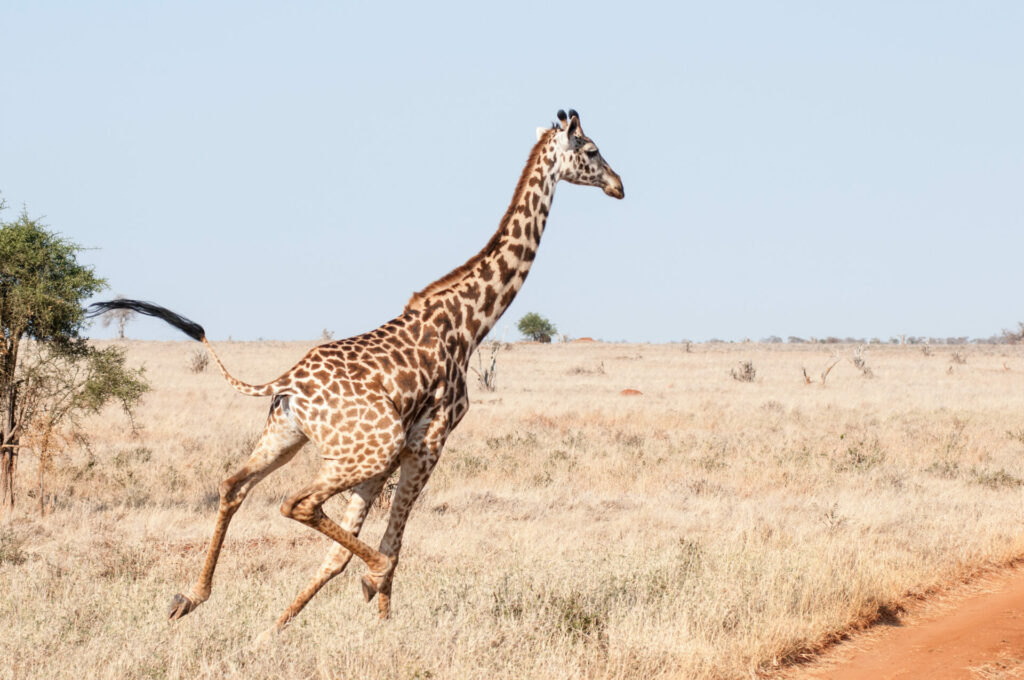
According to the paper, published in Current Biology, which calls humans ‘super predators’, sounds of human voices speaking calmly in local languages and the roar of a lion were played and the animals’ reaction gauged.
‘Lions should be the scariest thing out there – but humans were much scarier … It shows we really are terrifying to animals’
Professor Liana Zanette, University of Western Ontario
Lead researcher Professor Liana Zanette, from the University of Western Ontario in Canada, said she was surprised by the response from wildlife, as well as the number of species affected.
‘Lions should be the scariest thing out there – but humans were much scarier … It shows we really are terrifying to animals,’ Zanette said. She described the findings as ‘amazing, but depressing too’.
‘Running away from the waterhole means they will have to find another place to drink – that is a cost,’ she said.
Surveys from Australia, North America, Europe and Asia have shown humans kill prey at higher rates than any other apex predator – partly due to the adoption of guns, and hunting with dogs.
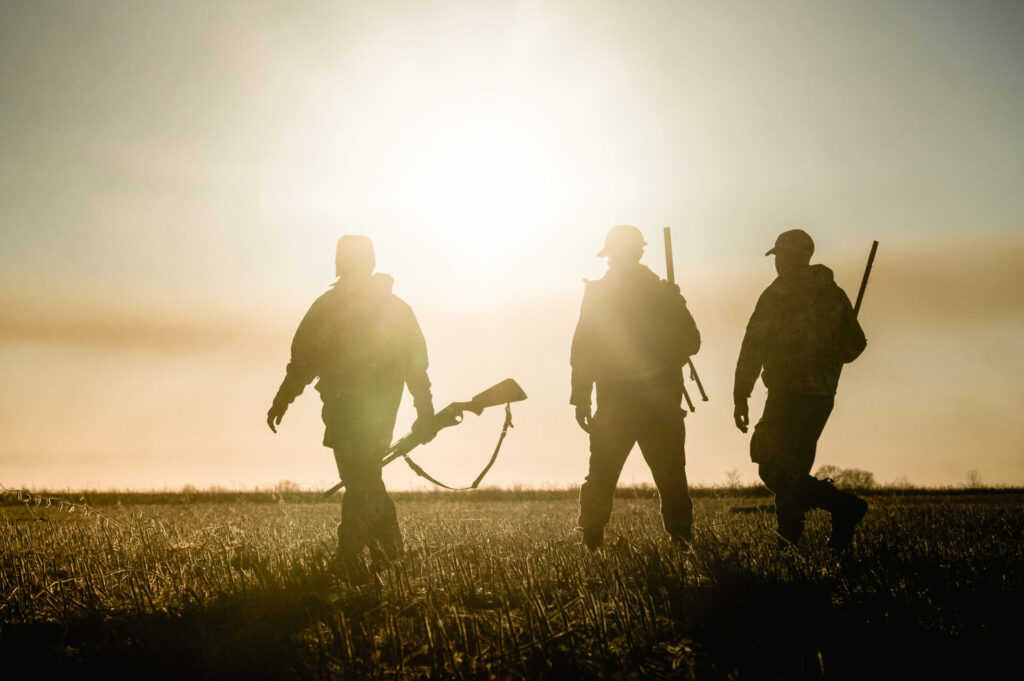
Research from other parts of the world has shown mountain lions, deer, kangaroos, wallabies and wild boar also all fear humans more than other apex predators.
‘If the fear of humans is so pervasive, and happens to all animals out there on our planet, then it really adds a new dimension to the worldwide environmental impacts that humans might be having,’ said Zanette.
Human Voice Study
To conduct the study, researchers used hidden camera-speaker systems at waterholes that were triggered when an animal passed within 10 metres. Waterholes were chosen as the location because this is where lions – and hunters – tend to kill prey.
Researchers also set up the speakers during the dry season between June and August as that time many other sources of water disappear, forcing animals to come to that particular watering hole.
The researchers filmed the response of the animal to the sound of either humans speaking or lions snarling, growling or making hunting noises. They also added the sounds of gunshots and dogs to simulate the sound of human hunting and used non-threatening bird calls as the control sound.
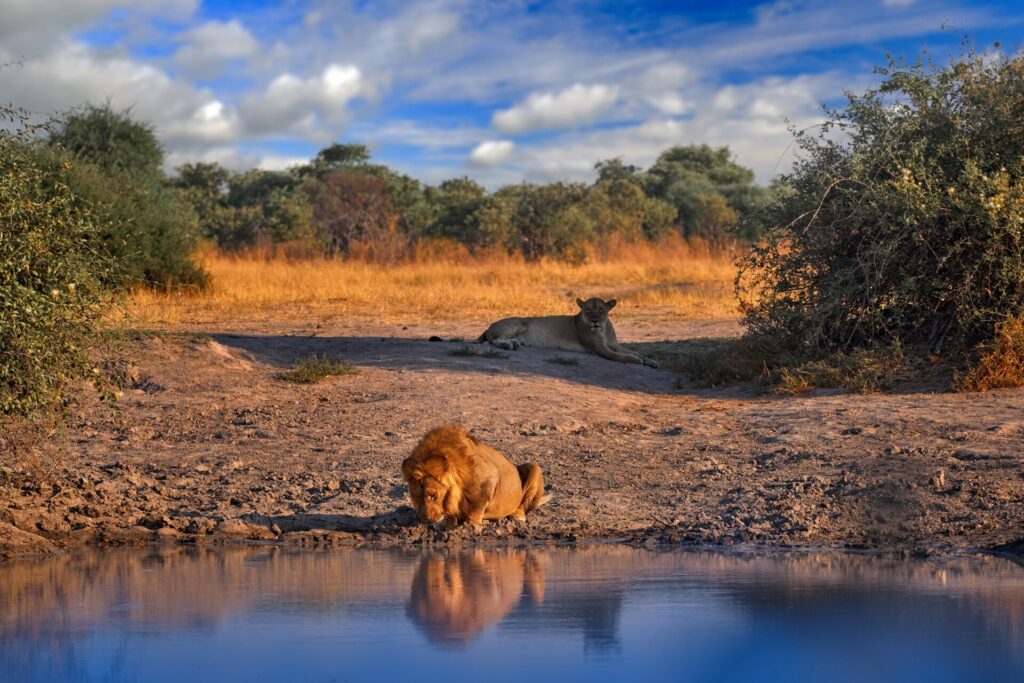
While the sound of dogs and gunshots made mammals run around three times more than the control, their reaction to the sound of humans was the most noteworthy. Overall, mammals were nine times more likely to run when they heard people chatting.
It emphasised how tourism-dependent conservation might affect wildlife populations, as even when people are just talking in the proximity of wild animals, they might be having previously unrecognised effects.
This poses a particular dilemma in African protected areas, because although tourism may cause disturbance, many protected areas rely on wildlife tourism for funding.
The study highlights the profound impact of human activities on the natural world and emphasises the need for more comprehensive conservation strategies that consider the wide-reaching effects of human-induced fear in wildlife.








